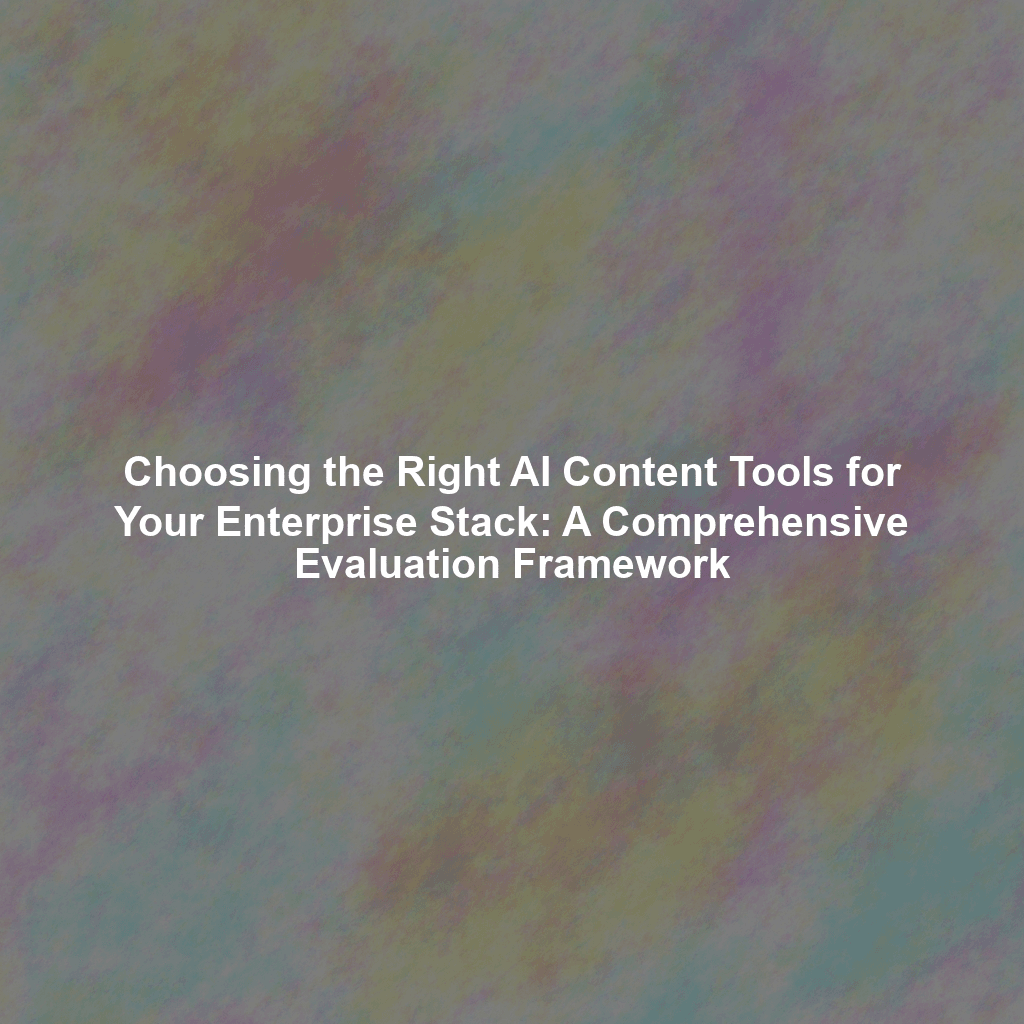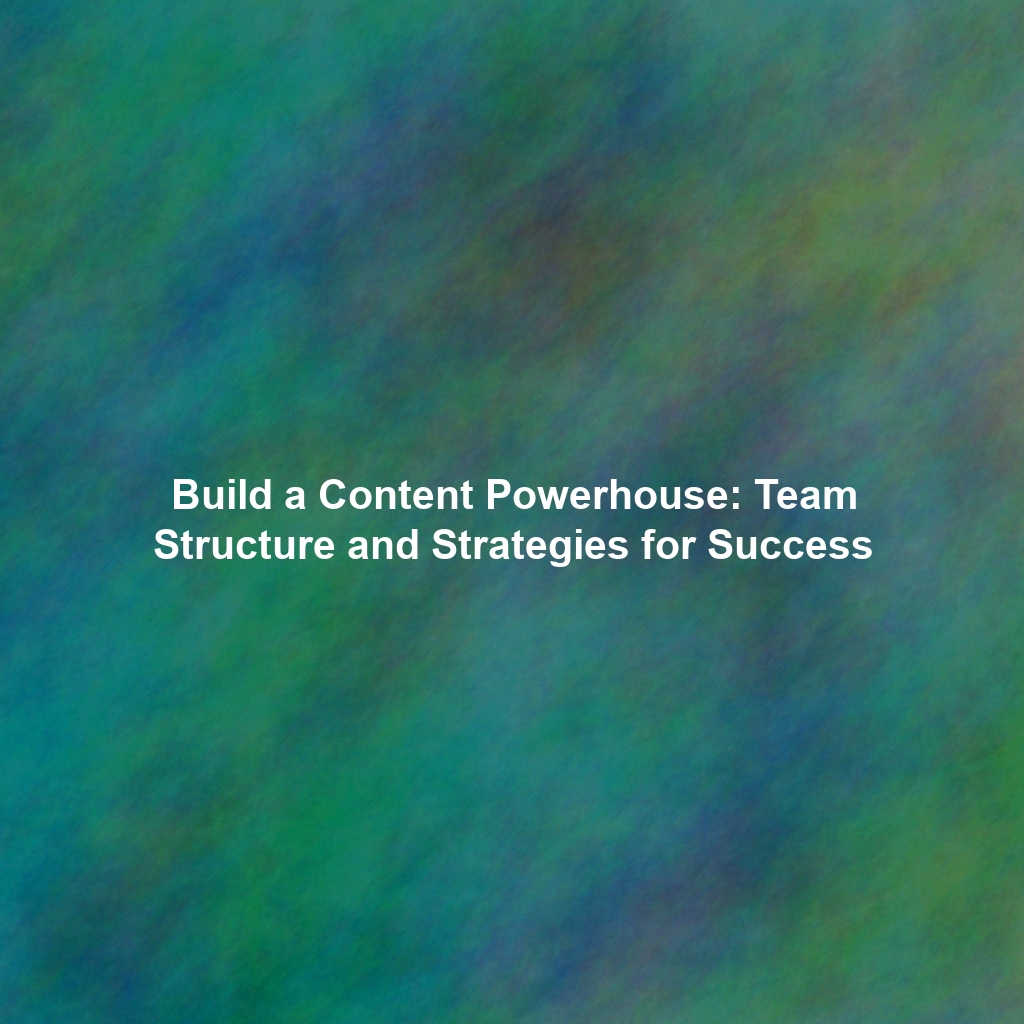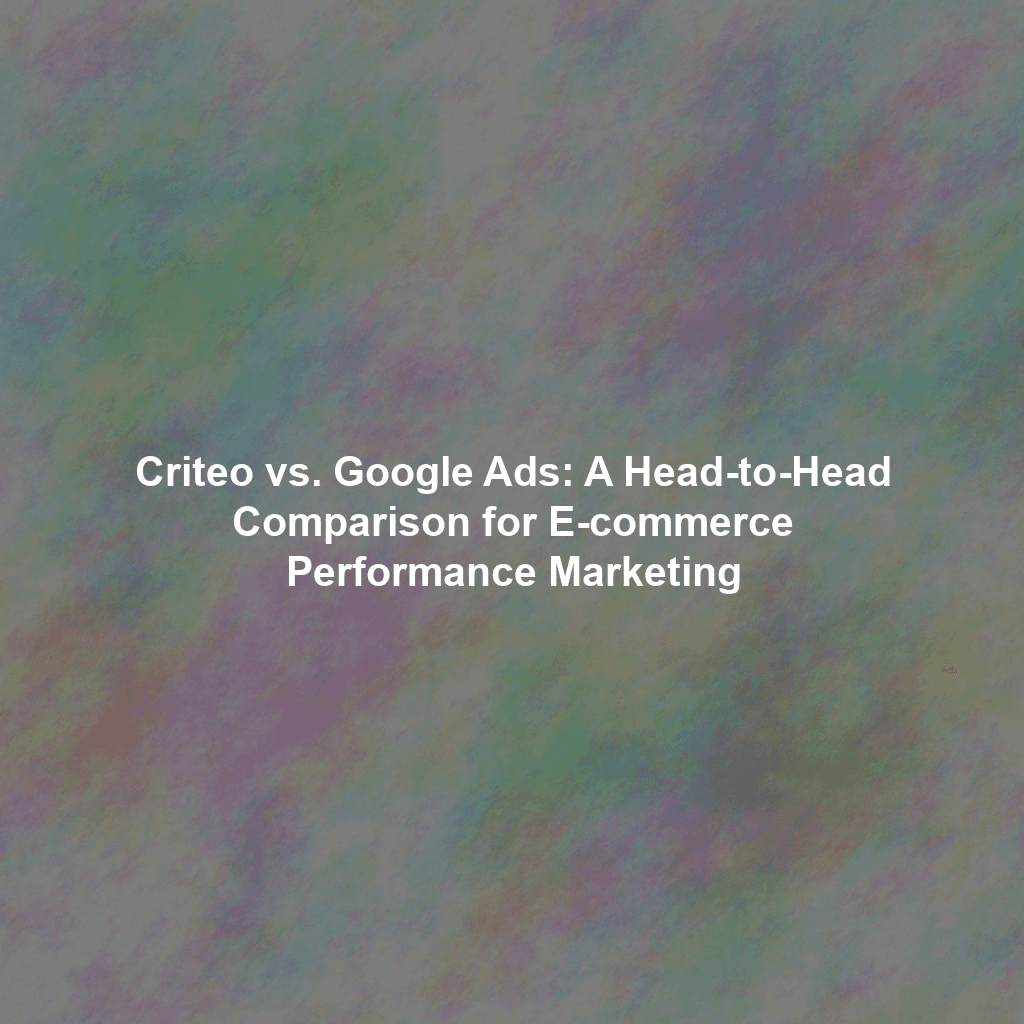In today’s relentlessly fast-paced and content-hungry digital landscape, the adage “content is king” has never been more true. However, for most enterprises, the daunting challenge lies not in recognizing content’s supremacy, but in consistently creating high-quality, engaging, and relevant content at the necessary scale and speed. This is where the transformative power of Artificial Intelligence (AI) offers a compelling, strategic solution. AI-powered content tools are rapidly evolving, capable of automating various intricate aspects of the content creation workflow – from initial ideation and rapid drafting to meticulous optimization and multi-channel distribution. Yet, the sheer volume of available tools makes selection a complex endeavor. This article provides a comprehensive, structured evaluation framework designed to guide your decision-making process, ensuring you choose the right AI tools and seamlessly integrate them into your existing enterprise technology stack to maximize their potential and drive measurable business growth.
STRATEGIC IMPERATIVE:
AI for content isn’t just automation; it’s a strategic lever for efficiency, quality, and personalization at enterprise scale. Careful evaluation is key to successful adoption.
Understanding the Need for AI in Enterprise Content Workflows: The Business Case
Before diving into the specifics of evaluating individual AI content tools, it’s crucial for enterprises to develop a clear, data-backed understanding of *why* they are adopting AI for content creation. The strategic benefits extend far beyond mere novelty, impacting efficiency, customer experience, and bottom-line results:
- Increased Efficiency & Productivity: AI excels at automating repetitive, time-consuming tasks within the content workflow, such as generating initial drafts, summarizing research, or optimizing for basic SEO. This liberates human writers, editors, and marketers to focus their invaluable time and creative energy on more strategic, high-value initiatives like developing unique thought leadership, crafting complex narratives, or refining brand messaging. The result is a significant boost in overall team productivity and faster content delivery cycles.
- Improved Content Quality & Performance: AI tools can analyze vast datasets to identify trending topics, predict audience engagement, and suggest optimal content structures and keywords for search engines. This data-driven approach helps ensure that generated or optimized content is not only grammatically correct but also highly relevant, authoritative, and optimized for both search visibility and audience resonance, leading to higher conversion rates.
- Enhanced Personalization at Scale: AI enables enterprises to move beyond basic segmentation to deliver highly personalized content experiences to individual customer segments. By analyzing user behavior, preferences, and past interactions, AI can tailor content variations, recommendations, and offers in real-time, leading to more relevant and effective communication that fosters deeper customer relationships and drives conversions.
- Scalable Content Production: Meeting the ever-growing demand for fresh, diverse content across multiple channels (websites, social media, email, ads) is a monumental task. AI allows enterprises to generate content at a much faster rate and larger volume than human teams alone, enabling them to scale their content production to meet growing market demands and maintain a consistent presence.
- Data-Driven Insights & Continuous Optimization: AI tools often come equipped with robust analytics capabilities, providing valuable insights into content performance, audience engagement, and conversion pathways. This data-driven feedback loop allows marketing teams to continuously identify areas for improvement, test different content strategies, and optimize their approach for better results and a higher return on content investment.
- Consistency in Brand Voice & Tone: While human oversight is crucial, AI can be trained on existing brand guidelines and content to help maintain a consistent brand voice and tone across vast amounts of content generated by different writers, ensuring brand cohesion at scale.
A Structured Framework for Evaluating AI Content Tools: A Systematic Approach
Choosing the right AI content tool for your enterprise is a complex decision that requires a systematic, rigorous approach. It’s not about picking the flashiest tool, but the one that best aligns with your strategic objectives, operational realities, and technical infrastructure. Consider these key factors as part of your comprehensive evaluation framework:
1. Functionality: What Can the Tool Actually Do for You?
The first step is to meticulously assess the range and depth of functionalities offered by each tool. Prioritize tools that directly address your most pressing content creation needs and strategic objectives. Do you primarily need help with:
- Content Ideation & Topic Generation: Can the tool generate fresh topic ideas, identify trending subjects, or uncover relevant keywords and content gaps based on market data and competitor analysis?
- Content Drafting & Generation: What types of content can it write (e.g., blog posts, articles, social media updates, ad copy, product descriptions, email marketing copy, video scripts)? What is the quality and coherence of the output? Does it support long-form content?
- Content Optimization: Does it provide real-time suggestions for improving SEO (keyword density, semantic relevance), readability (Flesch-Kincaid score, sentence length), and engagement (tone, calls-to-action)?
- Content Repurposing & Summarization: Can it transform existing content into different formats (e.g., a blog post into social media snippets, a video transcript into an article) or efficiently summarize lengthy documents?
- Content Translation & Localization: Does it offer robust, accurate translation capabilities for reaching global audiences, and can it adapt content for cultural nuances?
- Image and Video Generation/Integration: Can it create visual assets (e.g., stock image suggestions, basic graphics, video clips) to accompany your text, or does it seamlessly integrate with other visual content tools?
- Plagiarism & Originality Checks: Does it have built-in features to ensure the generated content is original and free from plagiarism?
A thorough functional assessment ensures the tool genuinely addresses your operational gaps and strategic content needs.
2. Scalability: Can It Grow with Your Enterprise Needs?
For enterprise adoption, the tool’s ability to handle increasing content volumes, a growing number of users, and expanding data requirements without compromising performance is paramount. A truly scalable solution should demonstrate:
- Support for a Growing Number of Users and Projects: Can it accommodate hundreds or thousands of users across different teams and manage multiple, concurrent content projects without performance degradation?
- Performance Maintenance with Increased Data Volume: As your content library and user data grow, will the tool maintain its speed, accuracy, and responsiveness? Inquire about its underlying infrastructure and data processing capabilities.
- Flexible and Transparent Pricing Plans: Does it offer tiered pricing that can accommodate your projected growth, or is it based on usage (e.g., word count, number of generations)? Ensure the pricing model is predictable and aligns with your budget as you scale.
- Ability to Integrate with Evolving Technology Stack: As your enterprise tech stack evolves, can the AI tool adapt and integrate with new platforms or services you adopt? Look for future-proof integration capabilities.
3. Security & Compliance: Protecting Your Data and Brand Reputation
Data security and compliance are non-negotiable for enterprises, especially when dealing with proprietary information, customer data, or sensitive brand guidelines. Ensure the AI content tool adheres to the highest industry best practices for data protection and regulatory compliance:
- Data Encryption: Verify that all data (both at rest in storage and in transit during transmission) is encrypted using robust, industry-standard protocols.
- Compliance with Relevant Regulations: Ensure the tool is compliant with critical data privacy regulations applicable to your business and customers, such as GDPR (General Data Protection Regulation), CCPA (California Consumer Privacy Act), HIPAA (for healthcare), and other industry-specific standards.
- Robust Access Controls and User Authentication: Implement strong user authentication (e.g., multi-factor authentication) and granular access controls to ensure only authorized personnel can access and modify content or data.
- Regular Security Audits and Penetration Testing: Inquire about the vendor’s security practices, including regular third-party security audits, penetration testing, and vulnerability management programs.
- AI-Driven Content Adherence to Brand Guidelines & Plagiarism Prevention: Confirm the tool can be trained to adhere to your specific brand guidelines and that it has built-in mechanisms to minimize the risk of accidental plagiarism or generation of biased/inaccurate information.
- Data Residency & Data Usage Policies: Understand where your data will be stored (data residency) and how the vendor uses your data for model training or other purposes. Opt for vendors with clear, privacy-first data usage policies.
4. Integration Capabilities: Seamlessly Connecting to Your Existing Stack
The ability of an AI content tool to seamlessly integrate with your existing enterprise systems – including your CRM (Customer Relationship Management), CMS (Content Management System), marketing automation platforms, analytics tools, and project management software – is absolutely crucial for a smooth workflow and maximizing efficiency. Look for tools that offer:
- Robust APIs for Custom Integrations: A well-documented and flexible API (Application Programming Interface) allows your development team to create custom integrations with proprietary or less common systems.
- Native Integrations with Popular Platforms: Check for out-of-the-box integrations with widely used platforms like WordPress, HubSpot, Salesforce, Google Analytics, Mailchimp, or Zapier. Native integrations reduce development time and complexity.
- Webhook Support for Real-Time Data Synchronization: Webhooks enable real-time communication between systems, ensuring data is always up-to-date and workflows are triggered instantly (e.g., content generation triggering a publishing process).
- Comprehensive SDKs (Software Development Kits): For developers, well-maintained SDKs can significantly simplify the process of building custom applications or extending the tool’s functionality.
- Data Import/Export Capabilities: Ensure the tool supports easy import and export of content and data in common formats, facilitating migration and data portability.
5. Ease of Use and User Experience (UX): Driving Adoption and Efficiency
Even the most powerful and feature-rich AI tool is ultimately useless if it’s difficult for your content team to learn, navigate, and effectively use on a daily basis. Prioritize tools that offer an intuitive and efficient user experience to drive adoption and maximize productivity:
- An Intuitive User Interface (UI): The interface should be clean, logical, and easy to navigate, minimizing the need for extensive training.
- Comprehensive Documentation and Tutorials: The vendor should provide extensive, easy-to-understand documentation, video tutorials, and knowledge base articles to support self-service learning and troubleshooting.
- Responsive and Knowledgeable Customer Support: Evaluate the quality and responsiveness of the vendor’s customer support. Do they offer various channels (chat, email, phone)? Are their support agents knowledgeable about enterprise needs?
- A Low Learning Curve for Your Content Team: The time it takes for your team to become proficient with the tool directly impacts your ROI. Look for tools that minimize this learning curve through intuitive design and clear guidance.
- Collaboration Features: If multiple team members will be using the tool, assess its collaborative features (e.g., shared workspaces, commenting, version control).
Comparing Popular AI Content Platforms: A Brief Overview
The market for AI content platforms is dynamic and growing. While the best choice for your enterprise will always depend on your specific needs and budget, here’s a brief overview of some popular AI content platforms and their general strengths, providing a starting point for your research:
- Jasper (formerly Jarvis): Widely recognized for its long-form content generation capabilities and user-friendly interface. It offers various templates for different content types, making it excellent for generating blog posts, articles, marketing copy, and even creative stories. Its “Boss Mode” allows for greater control and longer outputs.
- Copy.ai: Excels at generating short-form copy for a wide range of marketing assets, including ads (Google, Facebook), social media captions, website landing page headlines, and product descriptions. It’s known for its speed and variety of output options for concise content.
- Surfer SEO: While it has content generation features, Surfer SEO’s core strength lies in SEO-driven content creation and optimization. It helps users analyze top-ranking content for specific keywords and provides real-time suggestions for semantic keywords, word count, and heading structures to optimize content for search engine rankings.
- Scalenut: Positioned as a comprehensive AI content marketing platform, Scalenut offers features spanning the entire content lifecycle. This includes robust keyword research, AI-powered content planning (identifying topic clusters), content generation, and optimization tools, making it a strong all-in-one solution for content teams.
- Frase.io: Specializes in content research and SEO optimization, helping users create high-ranking, informative content by analyzing search results for a given query. It generates content briefs, optimizes existing content, and helps identify questions users are asking related to a topic.
- Writer.com: Focuses on enterprise-grade content generation with an emphasis on brand voice consistency and factual accuracy. It allows for extensive training on a brand’s specific style guides and terminology, making it ideal for large organizations that need to maintain a unified voice across vast amounts of content.
Disclaimer: This is not an exhaustive list, and the optimal choice for your enterprise will depend heavily on your specific content needs, existing workflows, and budgetary constraints. Always conduct thorough, hands-on research, request detailed demos, and ideally, utilize free trials or pilot programs before making a significant purchasing decision. Engage your legal and IT teams in the evaluation process, especially concerning data security and integration.
Practical Guidance for Making Informed Purchasing Decisions: A Step-by-Step Process
To ensure you make the most informed and strategic purchasing decision for AI content tools, follow this systematic, practical guidance. This process minimizes risk and maximizes the likelihood of a successful implementation:
- 1. Define Your Content Goals and Objectives: Begin by clearly articulating what you aim to achieve with AI-powered content. Are you looking to increase organic traffic by X%, reduce content creation time by Y%, improve personalization for Z segment, or support a new product launch with scaled content? Specific, measurable goals will guide your entire evaluation.
- 2. Identify Your Existing Content Workflows and Pain Points: Conduct an internal audit of your current content creation processes. Where are the bottlenecks? What tasks are most time-consuming or inefficient? Understanding these pain points will help you prioritize the functionalities you need from an AI tool.
- 3. Research and Compare Different AI Content Tools: Based on your defined goals and identified pain points, research the market thoroughly. Use industry reviews, analyst reports, and peer recommendations to create a shortlist of potential tools.
- 4. Request Demos and Free Trials (or Pilot Programs): This is crucial. Don’t rely solely on marketing materials. Engage with vendors, request personalized demos that address your specific use cases, and, whenever possible, take advantage of free trials or structured pilot programs. Get your core content team hands-on with the tools.
- 5. Evaluate the Tools Based on the Framework Outlined Above: Use the “Functionality, Scalability, Security, Integration Capabilities, and Ease of Use” framework as a scorecard. Create a weighted scoring system if certain criteria are more important to your organization. Involve relevant stakeholders from marketing, IT, legal, and security in this evaluation.
- 6. Pilot the Chosen Tool with a Small Team Before Enterprise-Wide Rollout: Once you’ve selected a primary candidate, implement a pilot program with a small, representative team. This allows you to test the tool in a real-world environment, gather feedback, identify unforeseen challenges, and refine your implementation strategy before a full enterprise-wide rollout.
- 7. Track Your ROI and Make Adjustments as Needed: Post-implementation, continuously monitor the performance of your AI-powered content initiatives against your defined KPIs. Track metrics like content production speed, engagement rates, organic traffic, conversion rates, and overall ROI. Be prepared to iterate and make adjustments to your strategy, tool usage, or even your tool selection based on ongoing data.
Conclusion: The Future of Content Creation is Here, and It’s AI-Powered
Integrating Artificial Intelligence into your enterprise content workflow is no longer a futuristic concept; it’s a present-day strategic imperative that can unlock significant benefits, ranging from dramatically increased efficiency and scalable content production to profoundly improved content quality and hyper-personalization. By adopting a structured, comprehensive evaluation framework and carefully considering your specific functional needs, scalability requirements, robust security protocols, seamless integration capabilities, and intuitive ease of use, you can confidently choose the right AI content tools to empower your content team and drive substantial business growth.
Remember to prioritize a strategic, phased implementation, involving all relevant stakeholders, and commit to continuous monitoring and optimization. The future of content creation is undeniably here, and for enterprises ready to embrace it strategically, it’s powerfully augmented by AI, leading to unparalleled content excellence and market leadership.
 Skip to content
Skip to content

